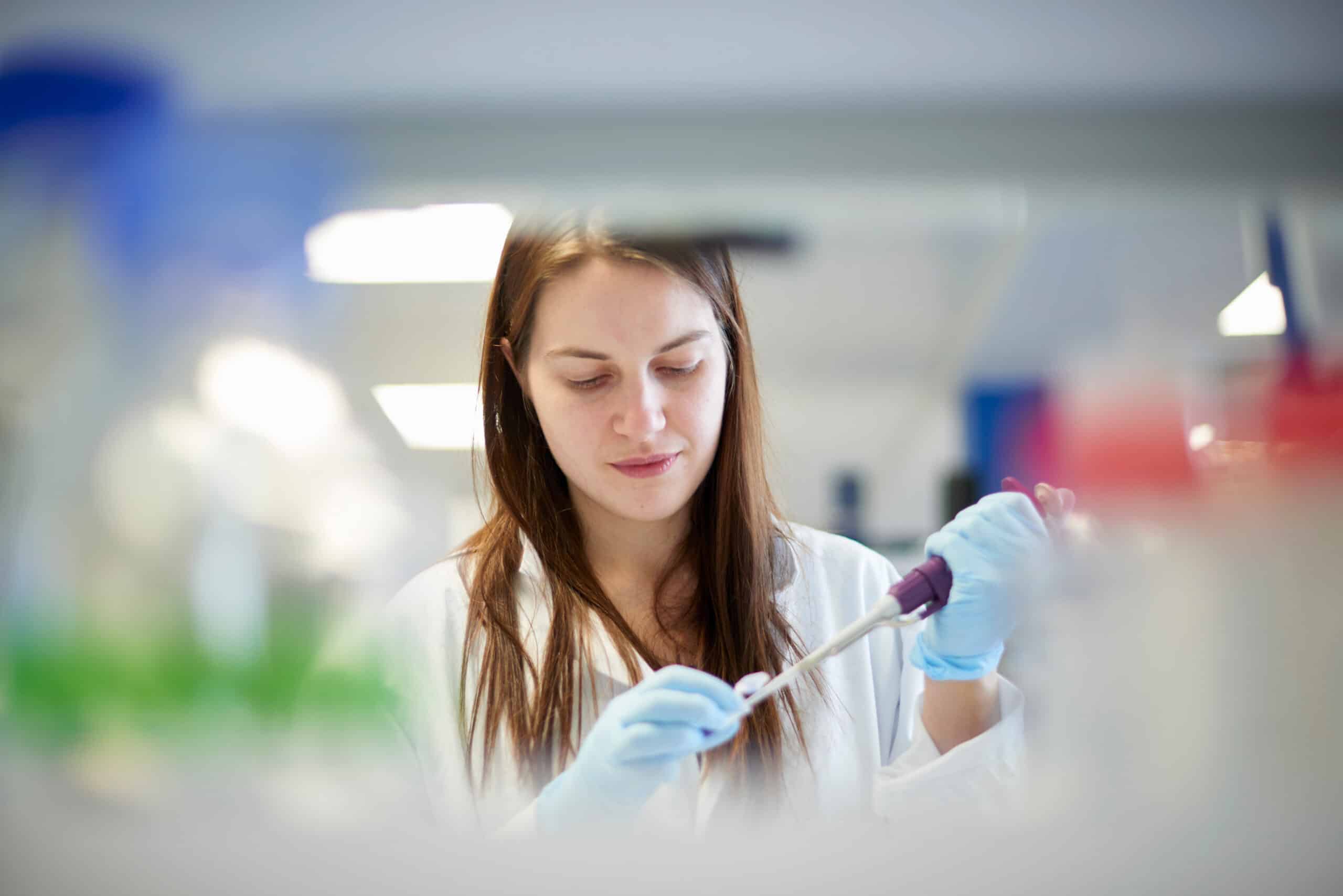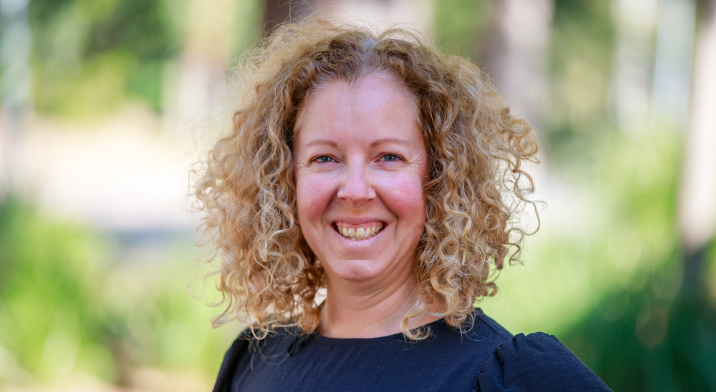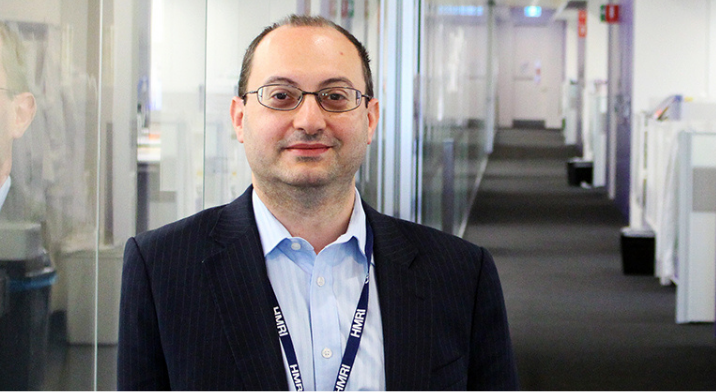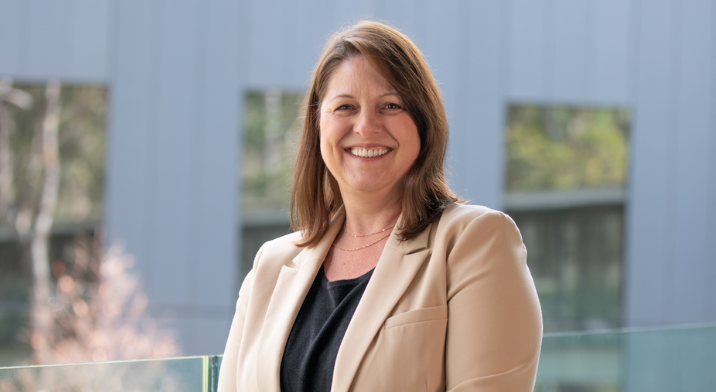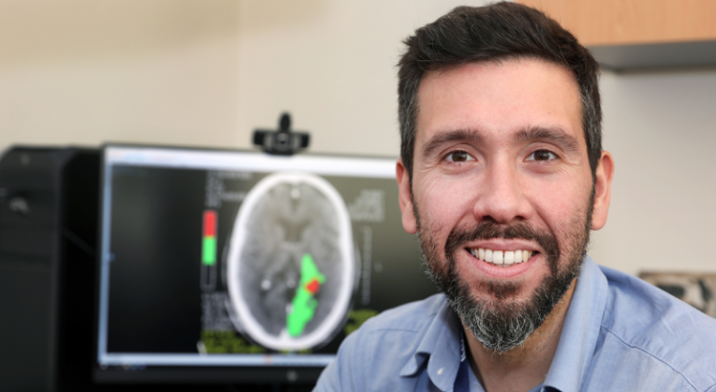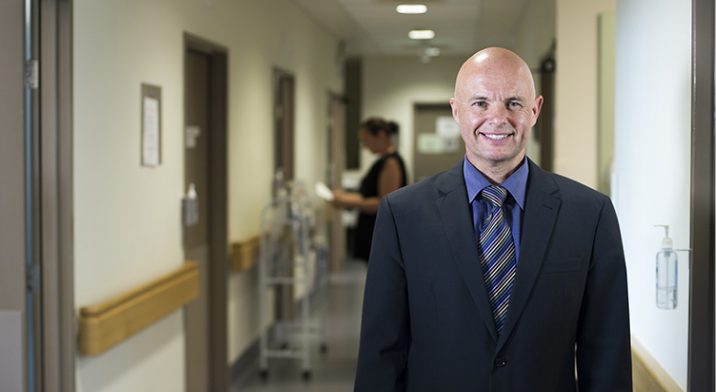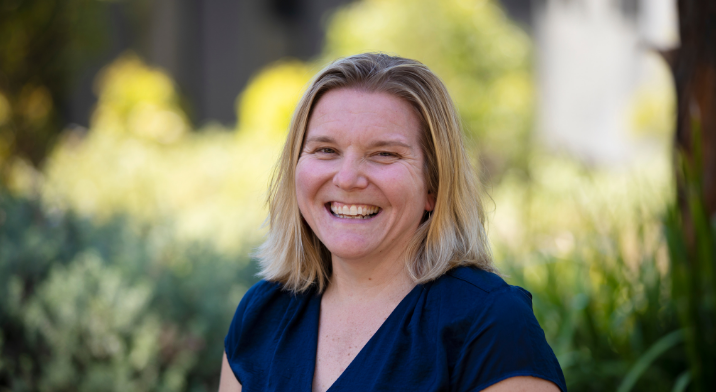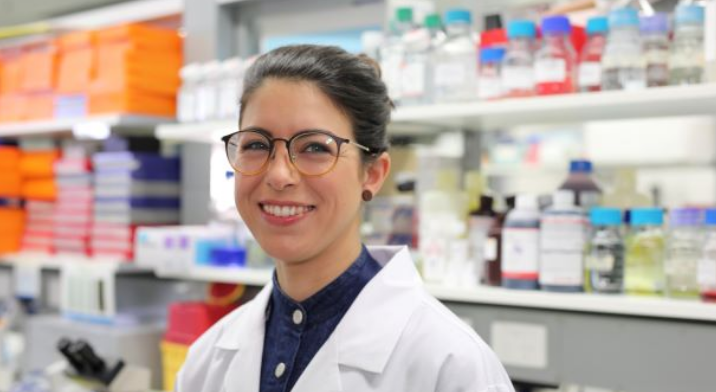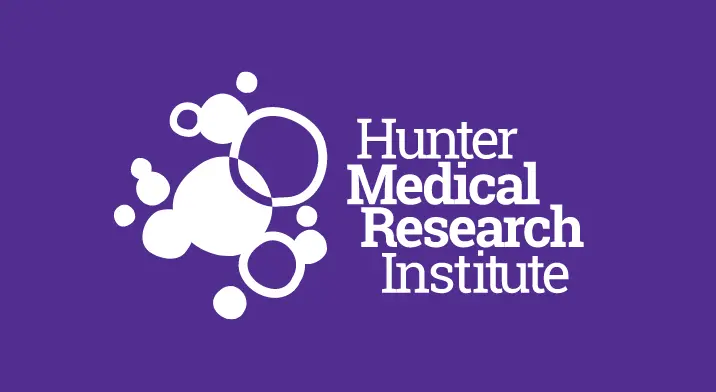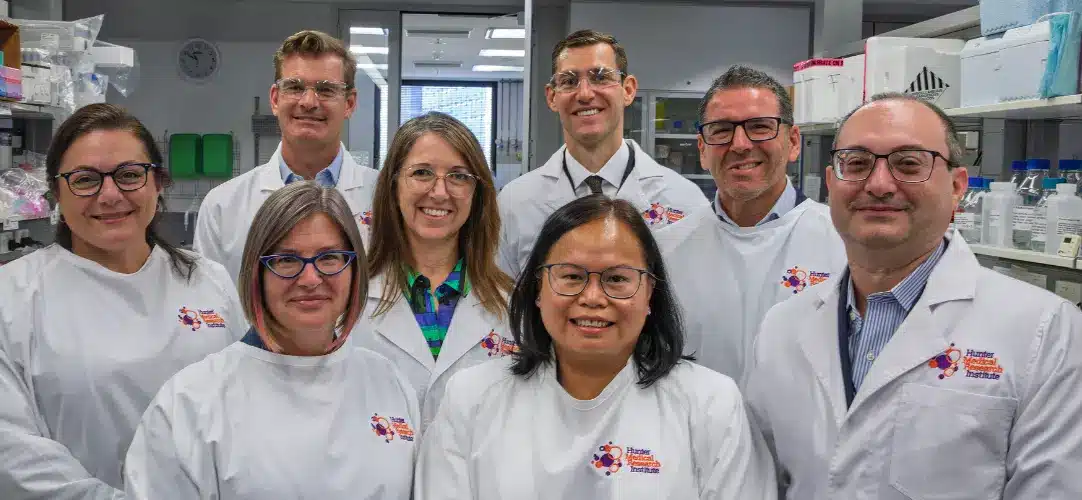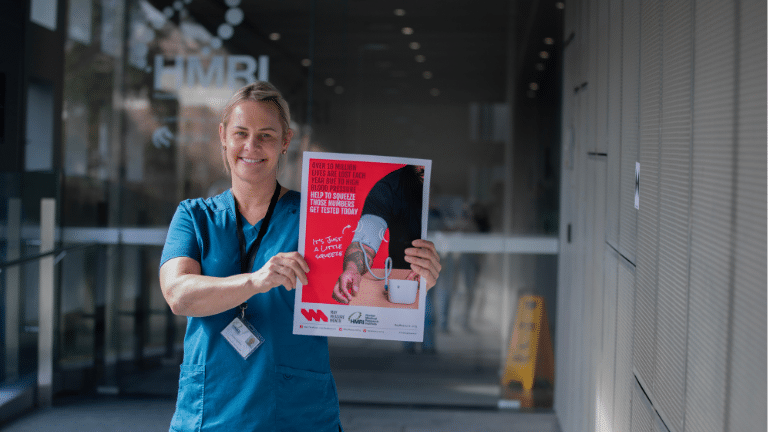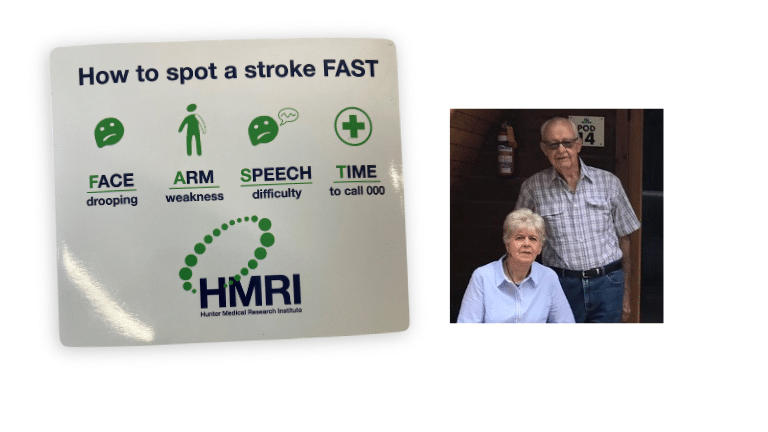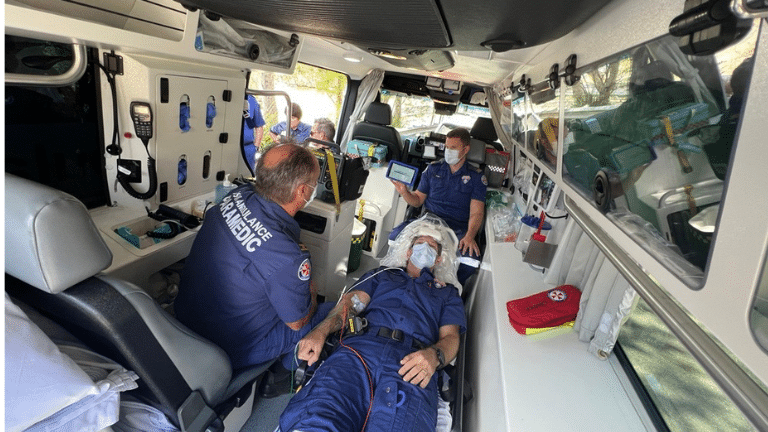Hunter Medical Research Institute’s Heart and Stroke Research Program is leading life-changing research into cardiovascular disease.
From the prevention of disease to the development of life-saving interventions to the transformation of recovery and rehabilitation, our research helps millions of people across the globe.
Cardiovascular disease, including stroke and heart attacks, is the leading cause of death worldwide and the leading cause of long-term adult disability in Australia.
In Australia, someone has a stroke every 19 minutes, and every 10 minutes someone has a heart attack.
1 IN 4
PEOPLE WORLDWIDE WILL HAVE A STROKE IN THEIR LIFETIME. ALMOST TWO-THIRDS ARE UNDER THE AGE OF 70.
120
AUSTRALIANS DIE FROM CARDIOVASCULAR DISEASE EVERY DAY.
1.3 MILLION
AUSTRALIANS ARE LIVING WITH ONGOING HEART HEALTH PROBLEMS AND STROKE-RELATED DISABILITIES.
Sources: Australian Institute of Health and Welfare, World Health Organisation
People in lower socioeconomic groups, Aboriginal and Torres Strait Islander peoples and those living in regional and remote areas, generally have even higher rates of death due to cardiovascular disease than other Australians.
Closer to home, cardiovascular health in the Hunter New England region remains among the worst in the country. Within our region, there are significant disparities in cardiovascular outcomes based on geography and indigenous status.
Leading the world in new technologies and drug therapies to treat stroke, cardiovascular disease and concussion
Our researchers are leaders in the development of new strategies for:
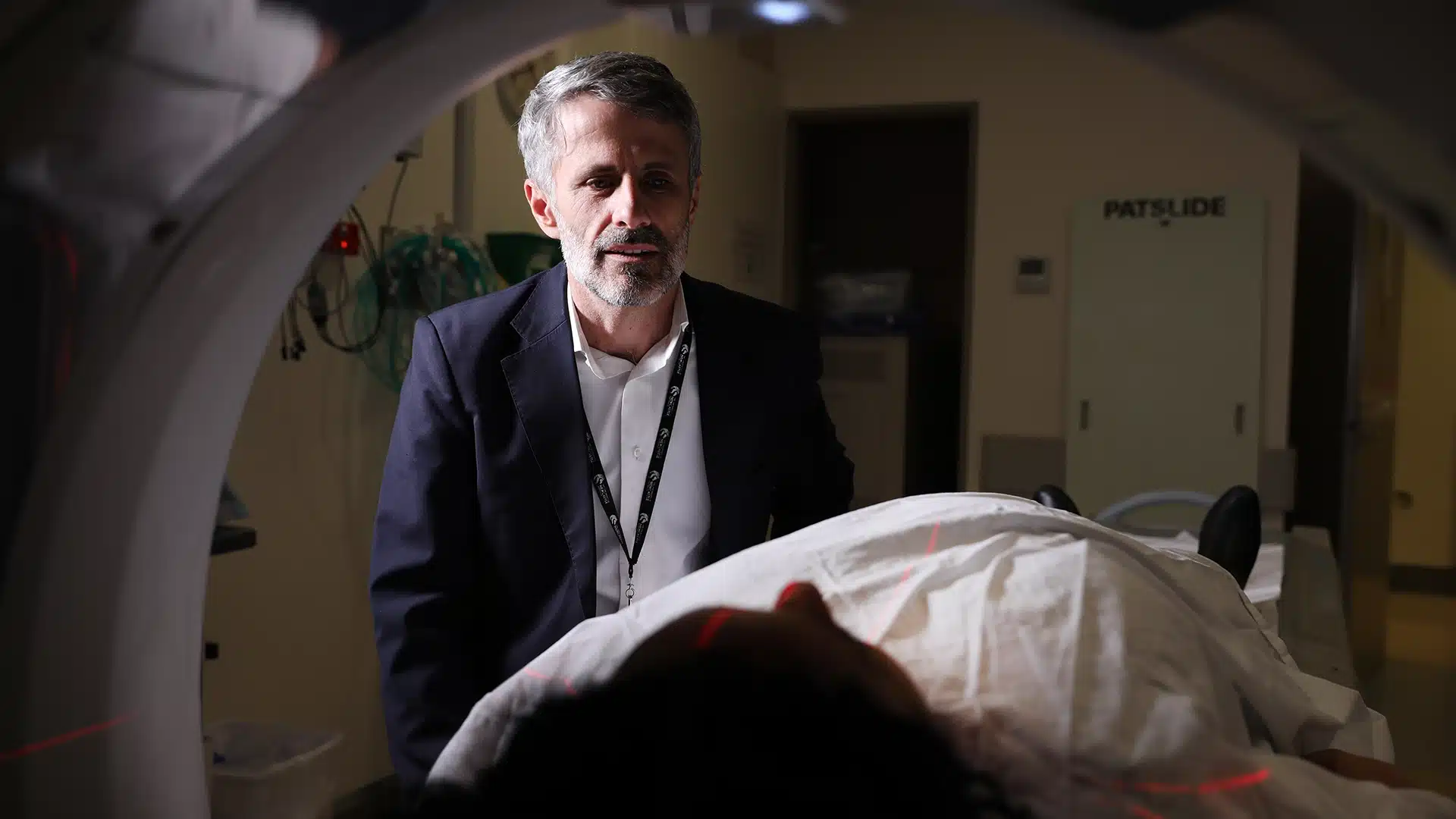
Stroke treatment
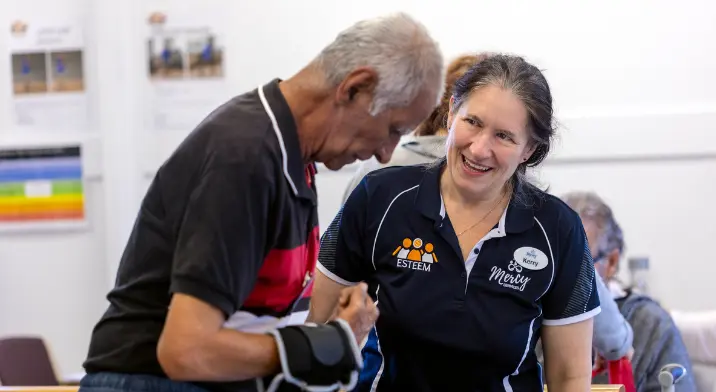
Stroke recovery and prevention
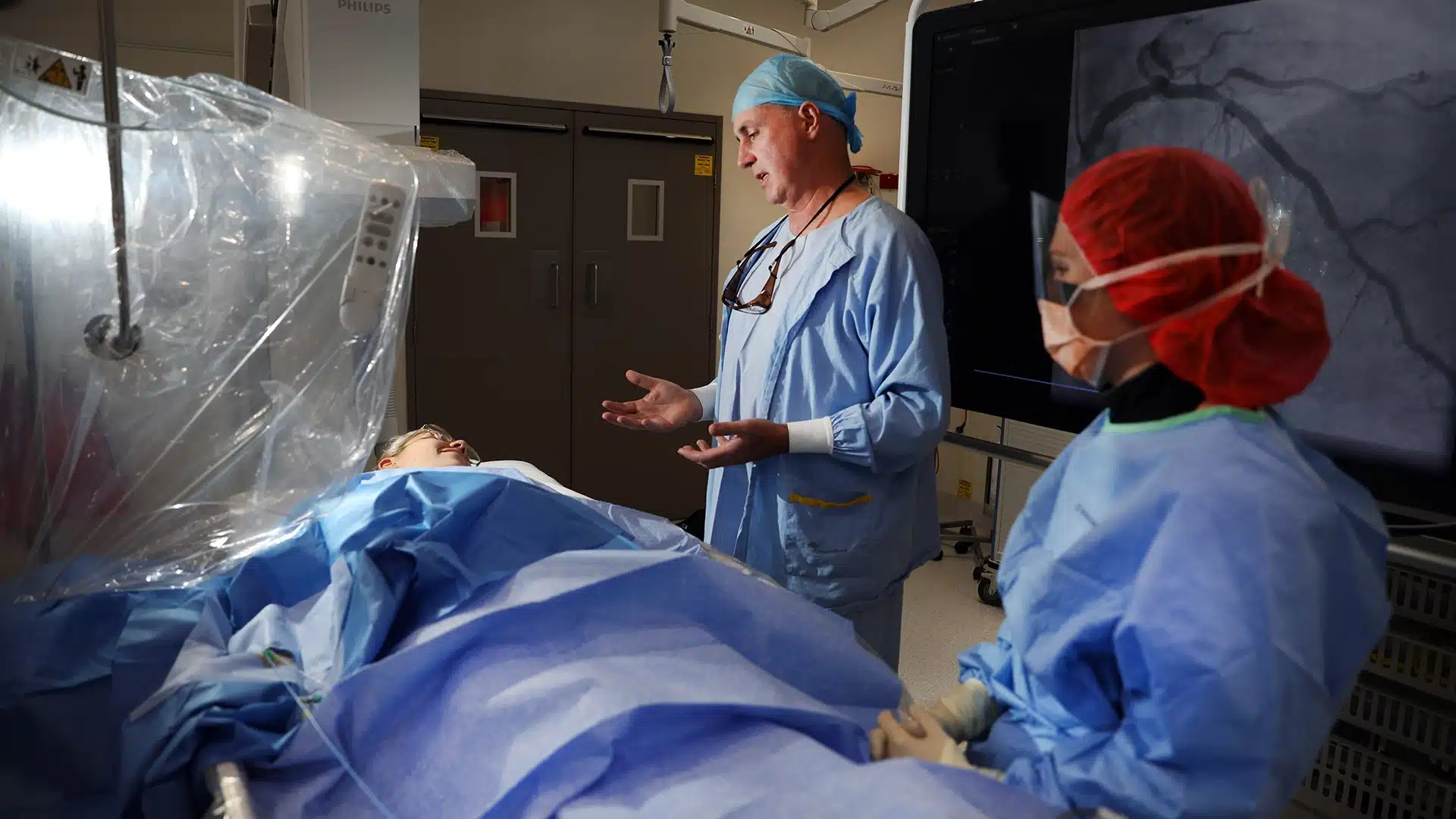
Prevention and treatment of cardiovascular disease
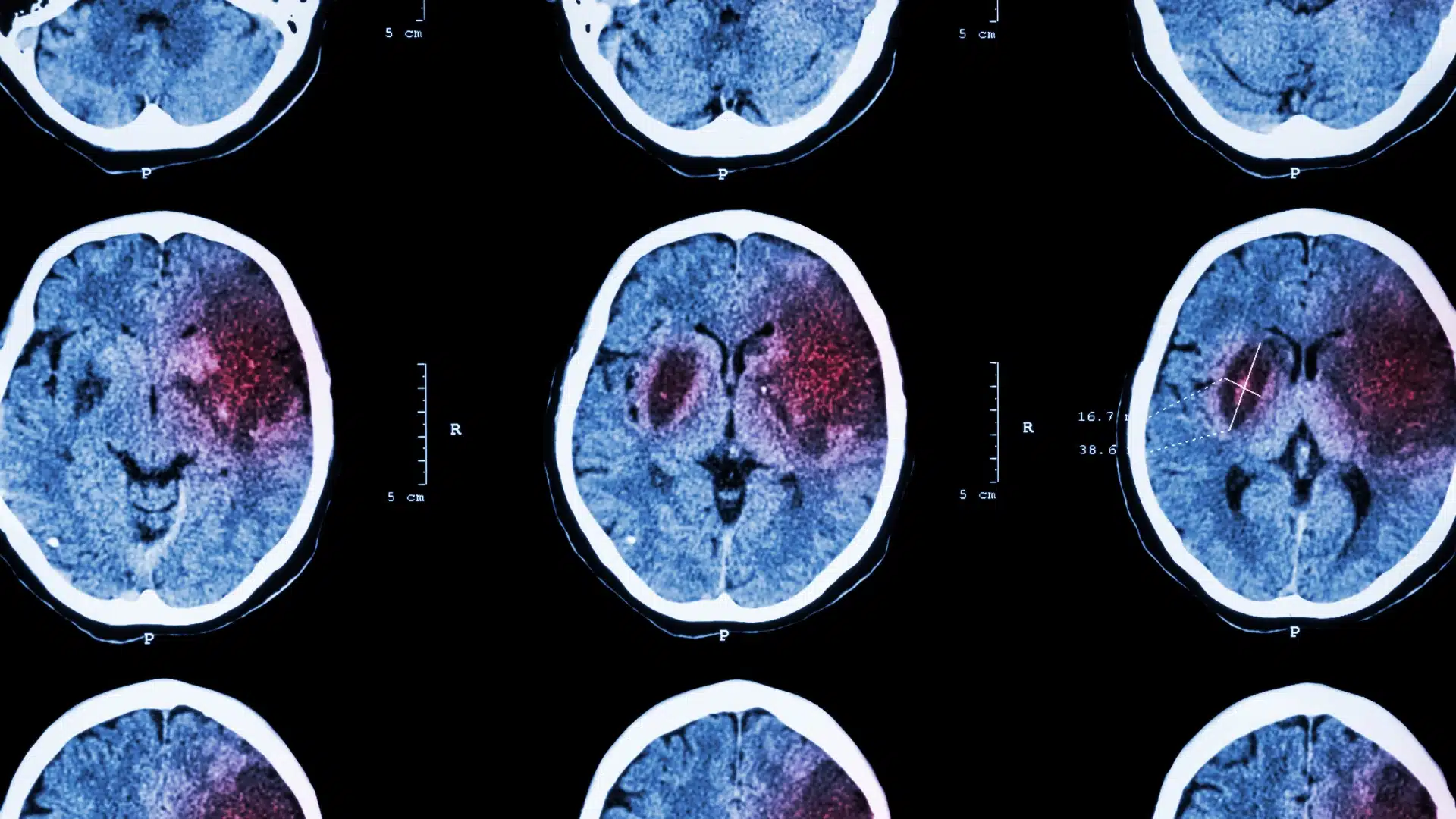
Diagnosing and assessing sports concussion
The Hunter is now one of the international leading sites for the implementation of clot-busting therapies for stroke.
Stroke can have many physical, mental and emotional impacts such as paralysis, poor coordination, memory loss, fatigue and depression. Our research team is working to better understand the impacts of stroke on patient and carer lives and to guide recovery through evidence-based practice.
Our researchers are unravelling the complex biology of cardiovascular disease in the lab. Beyond the lab, our clinician-researchers are discovering innovative approaches to improving the health and saving the lives of the people in our region and beyond.
Our research program is also exploring the impacts of concussion from the acute diagnosis, assessment, and management, as well as examining the longer-term issues of repeated concussion in older or retired athletes.
Partnering with our community
Our scientists are working together with people who live with stroke and heart conditions, health professionals and the community, to develop new approaches for prevention, brain and heart tissue preservation, recovery, and wellbeing.
This includes collaborative research linking neurology, cardiology, oncology, psychology, genetics, engineering, and others.
Our community’s involvement and input into our heart and stroke research is vital to ensuring our research is relevant, meaningful and impactful in the everyday lives of our communities.
